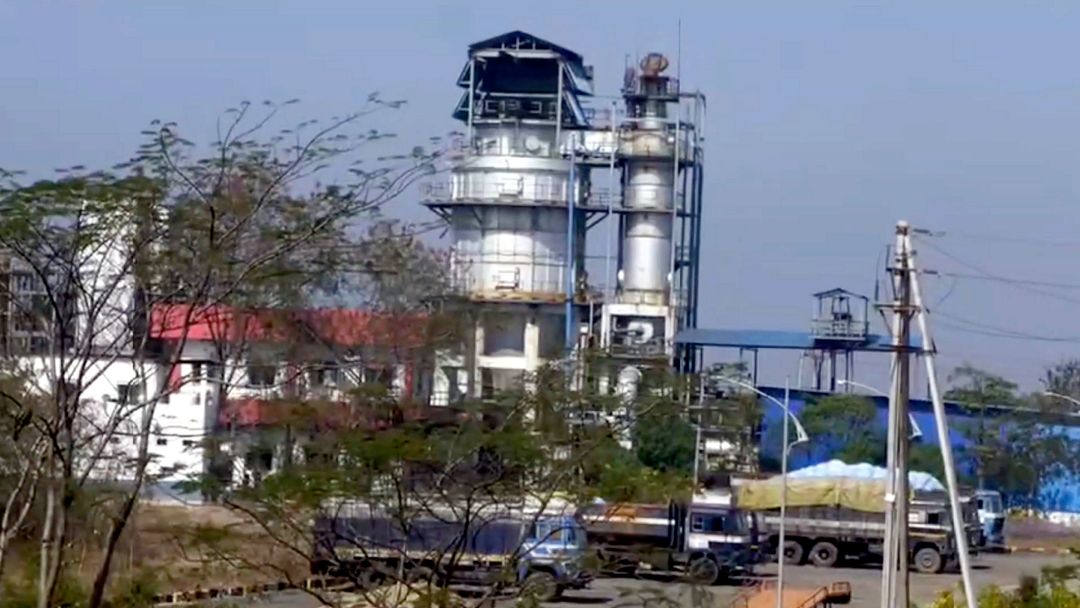Indore, February 28: The trial incineration of 10 tonnes of hazardous waste from the defunct Union Carbide plant in Bhopal commenced at a facility in Pithampur, Madhya Pradesh, on Friday afternoon. The process, which began at 3 PM, is expected to take approximately 72 hours to complete, officials confirmed.
The disposal of this toxic waste, part of the 337 tonnes stored at the site of the 1984 Bhopal gas tragedy, is being conducted under the orders of the Madhya Pradesh High Court. The waste includes contaminated soil, reactor residues, pesticide remnants, and semi-processed chemical residues from the factory premises.
Environmental and Safety Measures in Place
According to the State Pollution Control Board, scientific studies indicate that the toxicity of Sevin and naphthol in the waste has significantly diminished. Officials also stated that no traces of methyl isocyanate (MIC), the lethal gas responsible for the disaster, or any radioactive particles have been found in the waste.Indore Division Commissioner Deepak Singh, who inspected the incineration facility, said, “The Pollution Control Board is closely monitoring the process.” Dhar District Magistrate Priyank Mishra assured that the waste disposal is being carried out following standard operating procedures (SOPs) set by both the Central and State Pollution Control Boards.
To maintain transparency, the entire incineration process is being broadcast live outside the disposal plant.
Process of Incineration
Srinivas Dwivedi, regional officer of the State Pollution Control Board, detailed the steps involved in the incineration. He explained that five different types of waste from the Union Carbide factory were combined in precise proportions at the Pithampur facility before being introduced into the incinerator, which was preheated to 850 degrees Celsius. The waste destruction process will also include the safe disposal of the resultant ash, solid residues, water, and gases.Given the sensitivity of the operation, stringent security arrangements have been enforced in the Pithampur industrial area, with senior police and administrative officials overseeing the site.
Legal Oversight and Future Steps
The Madhya Pradesh High Court had directed on February 18 that the first trial of 10 tonnes of waste should take place on February 27. If deemed safe, a second test would follow on March 4 and a third on March 10, with a comprehensive report on all three trials to be presented to the court on March 27.The Supreme Court, on February 27, declined to interfere with the High Court’s directive, permitting the waste disposal to continue at the privately operated facility in Pithampur.
Public Concerns and Protests
The transport of Union Carbide’s waste to Pithampur has sparked protests, with demonstrators expressing concerns about potential risks to human health and the environment. Despite these fears, the state government maintains that all necessary precautions have been implemented to ensure the waste is disposed of safely.The 1984 Bhopal gas tragedy, caused by the release of MIC gas from the Union Carbide factory, led to the deaths of at least 5,479 people and left thousands more suffering from long-term health issues. The ongoing disposal efforts are part of a decades-long initiative to manage the toxic legacy of one of the world's worst industrial disasters.
